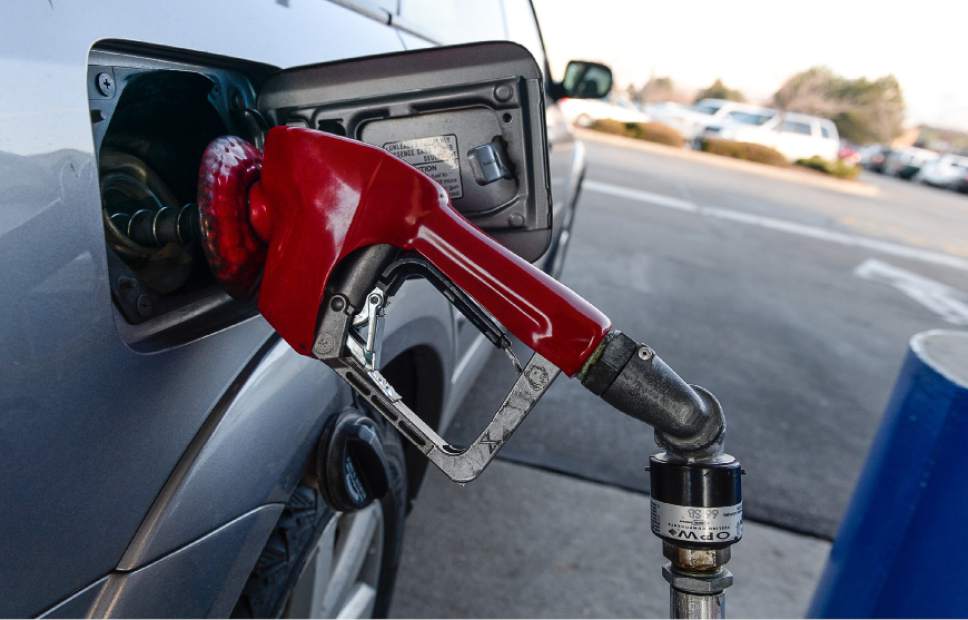This is an archived article that was published on sltrib.com in 2017, and information in the article may be outdated. It is provided only for personal research purposes and may not be reprinted.
Tax reform became a big issue this year — before fizzling out in the end.
Intense Capitol negotiations to overhaul the sales and income tax took place in the shadow of a proposed ballot initiative pushed by Our Schools Now seeking a $750 million income tax hike for education.
Gov. Gary Herbert and Republican legislative leaders oppose that initiative, fearing the higher tax would hurt the economy by chasing away companies and new employers. So they proposed to use tax reform instead to raise extra revenue in coming years.
One of many failed ideas was to boost collection of sales tax on online purchases. This is money already technically owed, but paid by few with virtually no enforcement — and the state figures it loses $200 million a year because of that.
A bill to increase online collections died after legislative lawyers warned that it was likely unconstitutional.
Lawmakers also looked hard at raising the sales tax on unprepared foods, and using that revenue to lower sales tax on everything else. Lawmakers said that by including more food in the sales tax base, it would stop wild fluctuations of recent years that made budgeting difficult.
They found data did not support that, so they dropped the idea — at least for now.
Another notion was to reduce how much wealthy Utahns may claim from tax credits and deductions — leaving those only for people in lower-income brackets. It was complicated, and lawmakers ran out of time to find a workable solution.
The governor says tax reform is not dead, just delayed. "It's going to be a homework assignment for us all to spend the next 12 months and take a look at tax reform," he said, "and come up with a solution by the next legislative session."
Meanwhile, some other tax increases passed.
That includes a bill to start automatic gas tax hikes sooner, and allow them to rise faster. Legislative analysts predict this would increase taxes about 0.6 cent per gallon Jan. 1, 2019, and 1.2 cents a gallon the next year. The current state gasoline sale tax is 29.4 cents.
The "Zion Curtain" alcohol reform bill also passed. It includes raising the state markup on liquor by 2 percentage points, from 86 percent to 88 percent. The markup on heavy beer sold in liquor stores would go up from 64.5 percent to 66.5 percent. It would fund new training and underage drinking prevention programs.
Also, a bill to upgrade 911 services would increase the fee Utahns pay on every cellphone and landline by an extra 52 cents per month — a 68 percent jump. They now pay 76 cents a month. That is designed to upgrade aging 911 and police radio systems.
A bill to eliminate vehicle safety inspections in Utah beginning Jan. 1, 2018, contained a $1 increase in vehicle-registration fees. The money is supposed to be used to hire more Utah Highway Patrol troopers, and pay more for overtime.
Lawmakers also approved legislation to give a $2.1 million tax break to refineries to entice them to produce cleaner-burning fuel.



